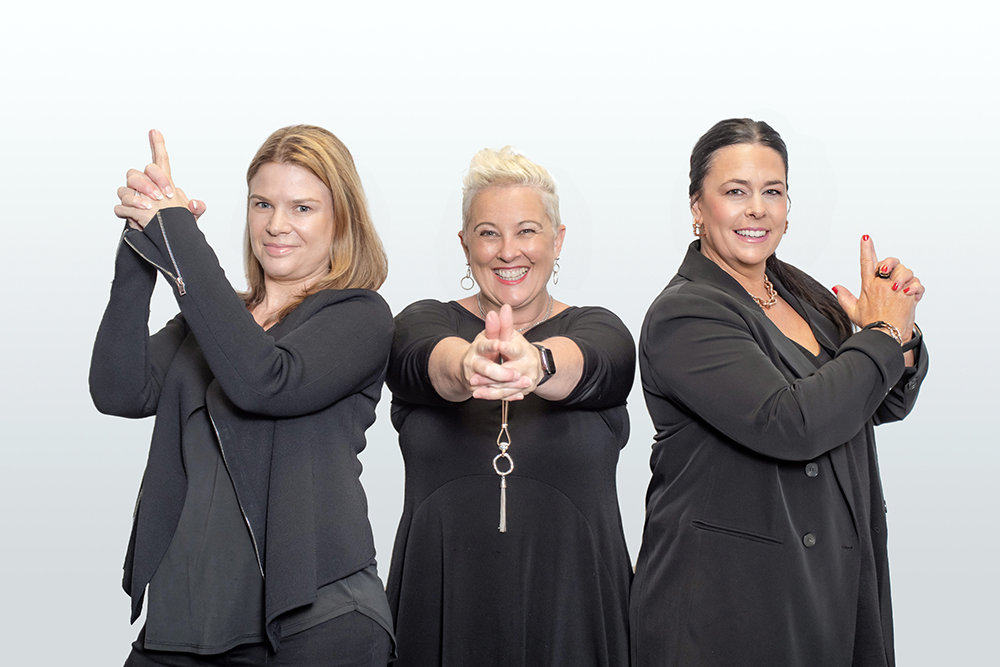We know that as far as COVID-19 is concerned, most of us have reached saturation levels when it comes to absorbing information. Regardless of how exhausted we all are, with respect to directives regarding how we need to operate in order to minimise the impact of the virus, it is necessary keep up to date with important information that may impact how you manage your staffing levels and the work flow in your business.
Each state and territory has a slightly different approach but Victoria has specifically defined the difference between household contacts as opposed to social/workplace contacts so we have used the Victorian definition below:
Social and workplace contacts
- You are a social or workplace contact if you spent more than 15 minutes face-to-face with someone who has COVID-19, or if you spent more than two hours with them in the same indoor space (such as a workplace or a restaurant).
Household contacts
- You are a household contact if you have spent more than four hours with someone who has COVID-19 inside a house, accommodation or care facility. This does not necessarily mean you live with them.
All Close contacts are required to:
- Monitor for symptoms
Household Contacts MUST:
- test negative using a rapid antigen test on 5 days of the 7-day period (with tests spaced at least 24 hours apart)
- wear a mask indoors when outside their home
- not visit hospitals or care facilities
- notify your employer or education facility
- If they do not follow these steps, they must quarantine for the 7-day period – and get tested on Day 1 and Day 6.
Social and Workplace Contacts should:
- test negative using a rapid antigen test on 5 days of the 7-day period (with tests spaced at least 24 hours apart)
- if they test positive on a rapid antigen test, they must report your result and isolate for 7 days.
Employers are not responsible for providing RAT’s for household or social contacts but are responsible for providing them for workplace contacts.
As with all things Covid related, the devil is in the detail so for more information, you can check these websites:
ACT - Information for people exposed to COVID-19
NSW - Household and close contacts guidelines
QLD - Guidelines for close contacts in Queensland
SA - Close contacts advice
TAS - Advice for close contacts
WA - COVID-19 close contacts
As always, if you are unsure as to what your obligations are or actions an exposed team member needs to take, the HR Staff n' Stuff team is here to help.







